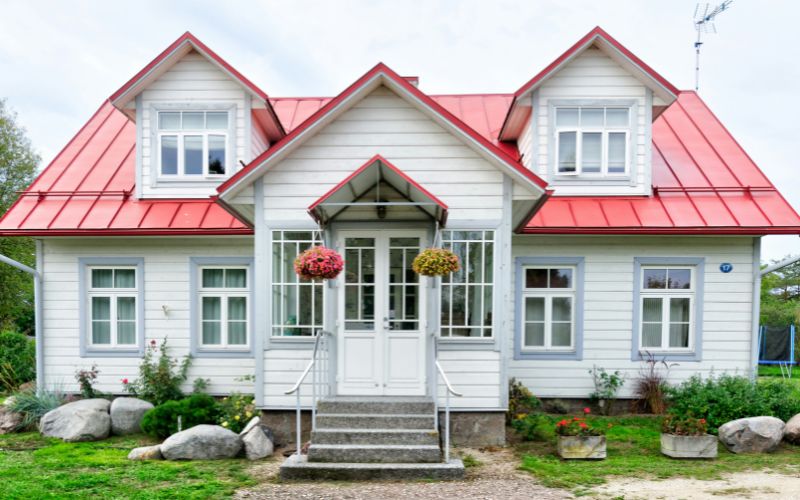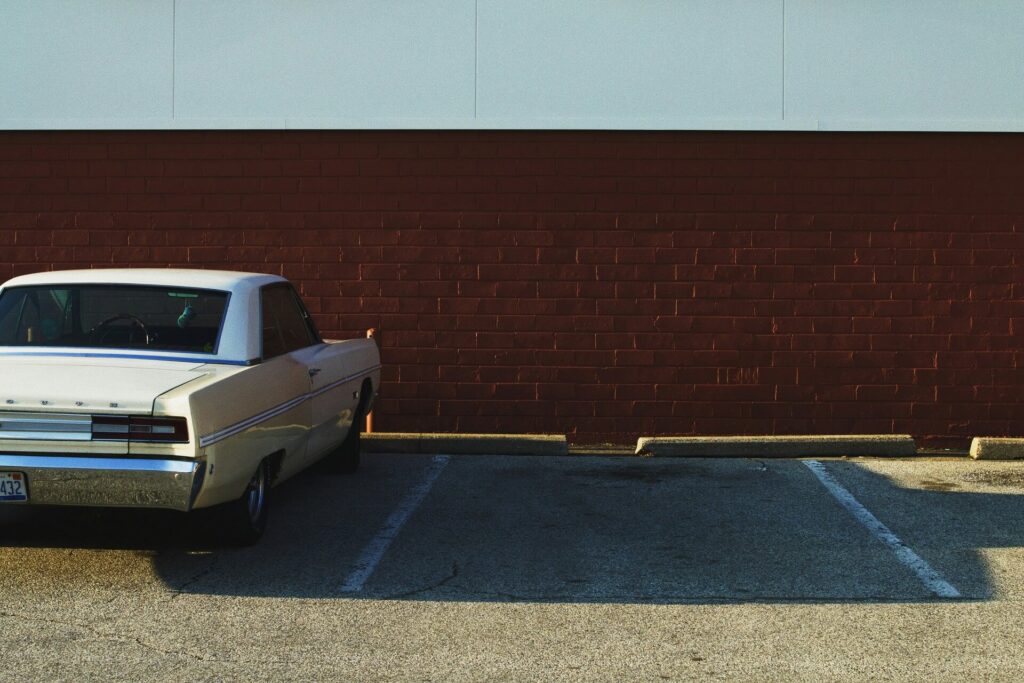
We are reader-supported. When you buy through links on our site, we may earn an affiliate commission.
Tenants seeking to rent a property can expect to cover several fees, from moving costs to furnishing purchases. There are also rental payments and utility bills to come. However, one upfront expense that remains a mystery is the security deposit.
While most renters may pay up without a second thought, it’s much better to be informed about how it works. After all, you can claim the fee at the end of your lease and use it for other expenses when changing address.
Defining the Security Deposit
The security deposit is a sum of money that one person gives to the landlord. It is a separate payment from the monthly rent and proves that a tenant will pay for the damage their property incurs while under their care. It’s usually paid before or at the beginning of a least with the first month’s rent, indicated in the lease signing.
Think of your security deposit for a rental space as collateral for a loan—if you cannot pay a partial or full amount, the lender will keep the valuable as penance. Likewise, if you’re in the clear with your payments, you can get it back afterward.
Is a Security Deposit an Asset or Expense?
A security deposit looks like an expense at first, but it can serve as an asset for tenants at the end of the day. While you may give up cash and create an expense, you gain the right to claim it at the end of the lease. Even if property damage occurs, you can still treat the fund as a safety net to cover those emergency expenses.
For landlords, security deposits are more of a liability than anything. They must receive and hold on to the asset throughout a tenant’s lease. They are also responsible for returning the money at end of a rental period. If they have used it for other purposes, they would have to
The Calculation Behind the Security Deposit
As you look through rental spaces, inquire about how much the security deposit is. There are some cases where it only equates to one month of rent. However, there are states like California where it must be two months’ worth of rent for unfurnished spaces. Furnished ones require around three months’ worth.
Some landlords may also consider the length of the rental agreement. Long-term leases usually warrant a higher security deposit, as the risk of damage is higher. Other factors would include the property size, quality, and rental rates.
Security deposits may accrue interest when placed in a low-earning account, but it’s more on a case-to-case basis. The percentage is also typically small and amounts to a few cents that may be subtracted from your rent. Ask your landlord for the breakdown.
What Does the Security Deposit Cover?
Most misunderstandings about the security deposit stem from what it covers. Tenants must fully understand where their funds are going. Landlords should also be transparent with their renters to maintain a strong and honest relationship.
Damage
Repairs are the main reason a security deposit exists in the first place, so you can expect your funds to go. Say there’s a leaky pipe or broken drywall in the unit. Landlords will likely assess damage caused by tenants and deduct it from the funds accordingly.
The money may be used for the materials and repair services necessary to fix up the security deposit. There may be damage where the funds are safe from deductions, such as fixes in common areas. Tenants and landlords must discuss each other’s areas of responsibility.
Unpaid Rental Payments
Tenants must strive to make their monthly rental payments on time and in full. If there are times when you are unable to cover the fees, you and your landlord can agree to deduct them from the security deposit instead.
The fund’s ability to cover these fees is a further testament to its potential as an asset. The landlord takes the credit and you’re essentially cleared of the debts. However, remember that you may have to replenish your security deposit when you use it all up.
Last Month’s Rent
A tenant’s last month’s rent is usually a separate and final payment for the lease. However, you and your landlord can work out an arrangement where the security deposit would be the payment for the rest of your stay.
Keep in mind that certain states do not allow tenants to have this arrangement. For instance, the Texas Property Code bans renters from using a deposit as last month’s rent. Always check in with your landlord to see if it’s allowed.
Final Cleaning and Maintenance
Some landlords may also suggest using the security deposit to hire cleaning costs after you move out. These are usually used for units that have been used beyond the regular wear and tear. Alternatively, they may request a standard cleaning fee and keep funds untouched.
Tenants may also check in if the security deposit will get further deductions for the maintenance. Maybe the property managers have to repaint or dispose of certain items no longer fit for use. Materials and labor are costly, which warrants the potential deduction.
Is the Security Deposit Really Refundable?
Yes, the security deposit is refundable. You can use the funds to cover damage repairs and late payments, leading to only a partial refund. If you leave a rental property earlier than indicated in your lease, you also forfeit the deposit to your landlord.
However, if there were no problems throughout your list, your deposit may be returned in full. Expect to receive it around 21 days after a tenant moves out. Granted, about 35% of renters get back their security deposits within a week after moving out.
If your landlord refuses to return your security deposit, it’s important to request an itemized breakdown of where the funds were used. You can take legal action if the receipts don’t add up or if the property manager doesn’t communicate at all. Small claims courts are usually responsible for handling these cases, so remember to gather evidence and hire a lawyer if it comes down to it.
Be a Fully-Informed Renter
A security deposit is a standard charge across different rental properties. Budget for it to avoid falling short on your finances. Communicate with your landlord about the full expectations and terms of this fund and record it in writing. It’s important to fully understand what it is and how to get it back.







